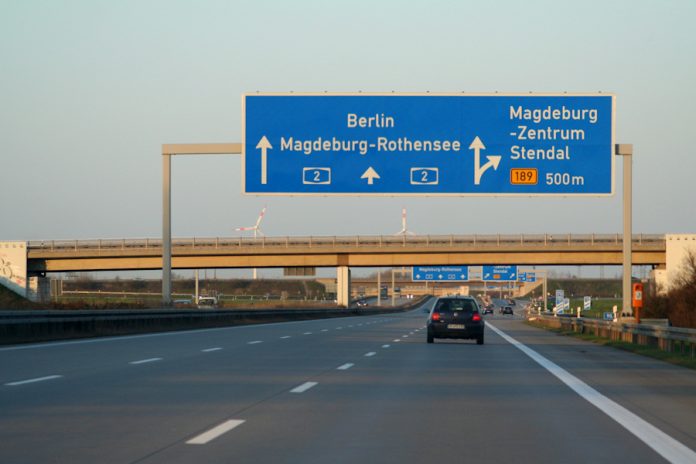Europe’s top court is checking the validity of a German plan to introduce a road toll for passenger cars. The plan has been rejected by Austria as being discriminatory against foreigners.
Back in 2015, German lawmakers passed a bill that paved the way for the introduction of a road toll for passenger cars on the country’s highways (the autobahn network). The coalition government wants the law to go into effect no later than 2021.
As reported by Deutsche Welle (DW), Germany’s international broadcaster, drivers would then have to shell out a maximum of €130 for an annual pass. Foreigners would also be allowed to buy a pass for just 10 days (to cost no more than €25).
The tricky thing about the German toll is that while local residents will also have to pay the yearly fee, they will get a hefty refund through a matching reduction of their motor vehicle tax bill.
According to Austria, a total of 1.8 million Austrian commuters would be affected by the autobahn toll. It’s fair to say that Dutch drivers will be hit even harder.
The Netherlands shares a 500km border with Germany. A study pointed out that some 22 million cars with Dutch number plates cross the border into German every year, meaning that the planned toll would cost Dutch drivers between €60 and €100 million annually.

